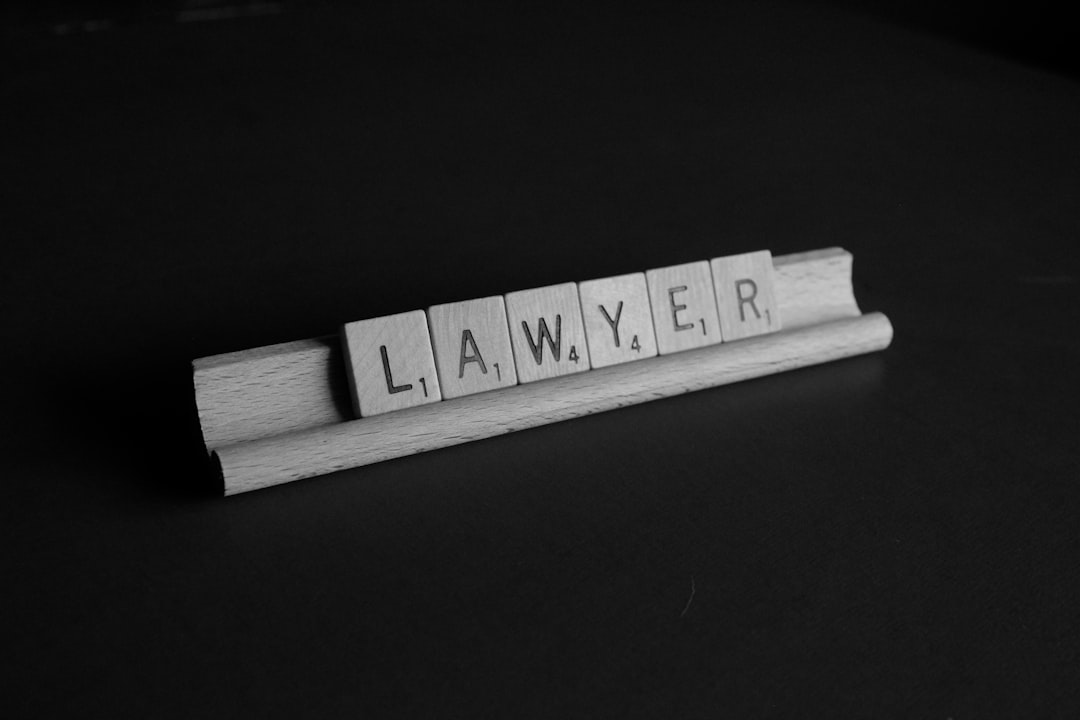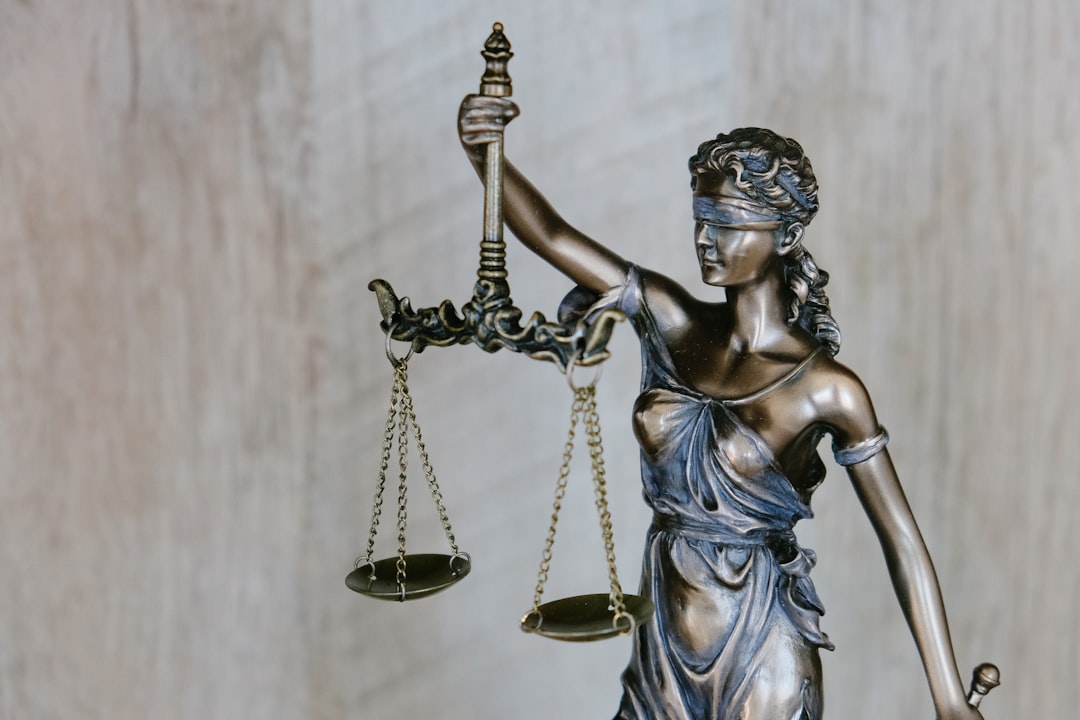Recognizing behavioral changes like withdrawal, aggression, anxiety, or unpredictable behavior in children is crucial for identifying potential sexual abuse at Georgia schools. Physical signs such as unusual injuries, frequent urinary tract infections, or changes in eating habits may also indicate abuse. School staff and parents share a responsibility to observe student behaviors, maintain open communication, and report suspicious activities to dedicated school abuse attorneys in Georgia. Immediate steps after an incident include reporting to law enforcement and school administration while accessing resources for emotional healing through therapy.
In Georgia, recognizing and addressing sexual abuse in schools is paramount. This comprehensive guide delves into the warning signs of child sexual abuse, offering insights on behavioral and physical indicators. Understanding the role of school staff and parents is crucial, as is knowing the legal steps and resources available to victims and families. Equip yourself with this knowledge to protect our children and hold perpetrators accountable with the help of experienced school abuse attorneys in Georgia.
Recognizing Behavioral Changes in Children

Recognizing behavioral changes is a critical aspect of identifying potential sexual abuse in children at Georgia schools. Teachers and caregivers should be vigilant for any abrupt shifts in a student’s demeanor or routines. This could include withdrawal from social activities, sudden aggression or anxiety, or significant changes in academic performance. Children affected by school abuse may exhibit unusual fear or hesitation to attend school, and their behavior might become increasingly unpredictable.
School abuse attorneys in Georgia emphasize that observing these behavioral signs is essential, as children may struggle to express their trauma verbally. Any discrepancies in a child’s normal behavior should be taken seriously and investigated promptly. It’s crucial to create an environment where students feel safe and encouraged to share their experiences without fear of judgment or retaliation, enabling early intervention and support.
Physical Signs and Symptoms of Sexual Abuse

Children who have experienced sexual abuse may exhibit a range of physical signs and symptoms that can be indicative of an upsetting situation. In the context of school settings, it’s crucial for educators and parents to be aware of these potential indicators in Georgia, where dedicated school abuse attorneys play a vital role in supporting victims and holding perpetrators accountable.
Physical manifestations can include unusual injuries or marks on the body, frequent urinary tract infections, unexplained bleeding, or changes in eating habits leading to significant weight loss or gain. Some children might also display poor hygiene, recurring headaches, or gastrointestinal issues. These symptoms often go unnoticed, but they could be red flags for underlying sexual abuse. Recognizing these signs is essential, as it enables prompt intervention and ensures the safety and well-being of Georgia’s young students.
The Role of School Staff and Parents

In the complex landscape of child protection, school staff and parents play pivotal roles in identifying and addressing potential sexual abuse. School professionals are on the front line, observing behaviors and interactions that could signal distress or exploitation among students. Teachers, counselors, and administrators must be vigilant, attuned to subtle changes in a child’s demeanor, relationships, or academic performance. These indicators may include withdrawal from social activities, sudden changes in behavior, or unusual gifts or money from peers or adults.
Parents, too, have a crucial responsibility. They should maintain open lines of communication with their children, fostering an environment where kids feel safe to discuss any concerning incidents or interactions. Regular conversations about personal boundaries and consent equip children with essential tools for self-protection. Additionally, parents can actively engage with school staff, reporting any suspicions or observations that might suggest sexual abuse. Collaboratively, schools and parents can ensure a safer environment by recognizing warning signs early on and connecting victims with appropriate support, including legal counsel from experienced school abuse attorneys in Georgia.
Legal Steps and Resources for Victims and Families in Georgia

If your child has experienced sexual abuse within a Georgia school, it’s crucial to understand the legal steps available to seek justice and support. The first course of action is to report the incident to local law enforcement and the school administration. In Georgia, child sexual abuse is taken very seriously, and there are specific protocols in place to handle such cases.
Victims and their families can access numerous resources through organizations dedicated to supporting survivors of child sexual abuse. These groups often connect individuals with experienced school abuse attorneys in Georgia who specialize in these cases. Legal aid can help navigate the complex legal system, ensure proper documentation, and pursue criminal charges or civil litigation against responsible parties, including school staff or institutions. Additionally, therapy and counseling services are vital for victims’ emotional healing and well-being.





